North Korean Refugee Stories: Meet Joo Ri
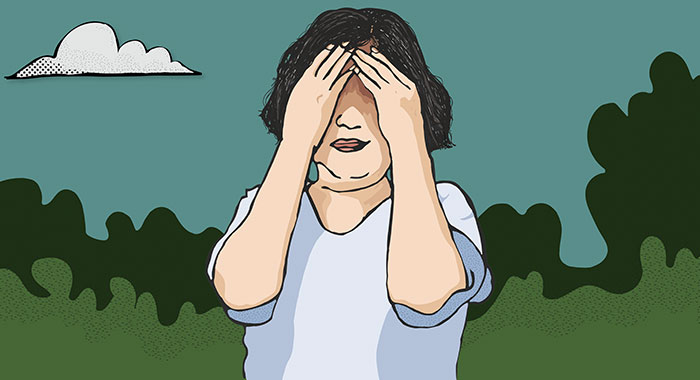
Joo Ri never knew what it felt like to be envious of others as a child. Growing up in Pyongyang, daughter to a supervisor at the Ministry of Industry, she had no idea that life could be filled with anything but laughter and happy memories. Even after losing her parents at an early age, her father's name and position were enough to keep her going to the best schools and within the right circles in Pyongyang. After falling in love right after completing her army duty, she decided to get married and move with her husband back to his hometown near the North Korea-China border. Even though she was leaving her home, she felt it a small sacrifice to be with the person she loved.
At first, Joo Ri did not mind that life outside Pyongyang was less glamorous. All she wanted was to care for her family and lead a happy life. However, adversity and hardship started to wash over her in slow, steady waves. By the time she gave birth to her second child, her family was chronically short of food and resources. Thus, Joo Ri decided to obtain traveling passes to Pyongyang and sell goods on the route to and from her home. While this was able to sustain a life for her and her family, she started to feel trapped, suffocated, and helpless. The life she had led in Pyongyang was nothing but a memory.
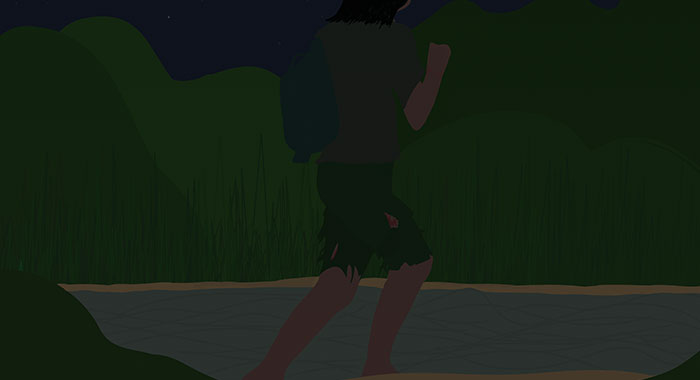
After losing her husband, Joo Ri realized that she could not take living under such bleak oppression any longer. In the dead of night, she was successfully able to sneak through the border into China. Immediately after crossing, she had to go into hiding for months before eventually being sold as a bride to a Chinese man. Unable to let her guard down, she lived in constant fear and anxiety, restricted to her home, until one day the local police conducted a raid where she was caught, detained, and immediately repatriated to North Korea.
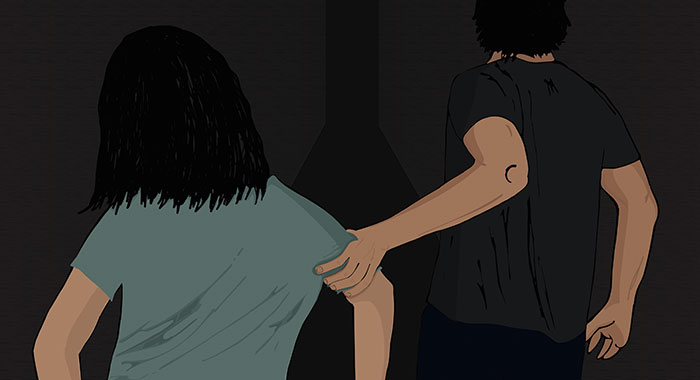
Joo Ri was sentenced to over a year in a forced labor camp where she was barely fed, and forced to work more than half the day without rest. Experiencing such ruthless treatment only made her crave freedom more, and immediately after being released, she took to the border again. This time, however, she was unsuccessful. She was caught attempting to cross the border and sentenced to more than 3 years in a re-education camp.
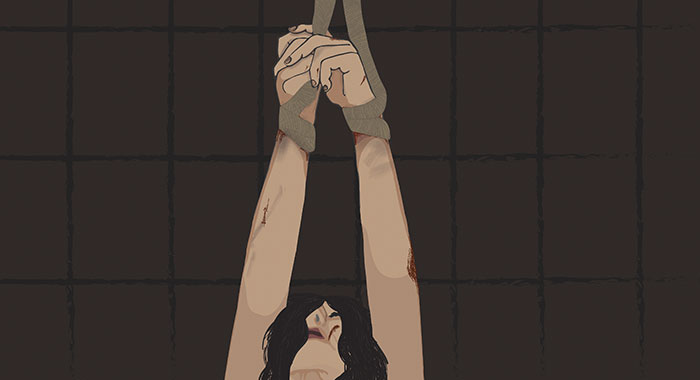
There, she was stripped of her name, hit, slapped, punched, beat, kicked, hung by her wrists from the ceiling, and pushed into a water well, the water level sitting over her knees, where she was forced to stay for a month. In order to survive, she ate bugs and leaves, but she still lost all of her hair and all but one of her top teeth due to starvation.
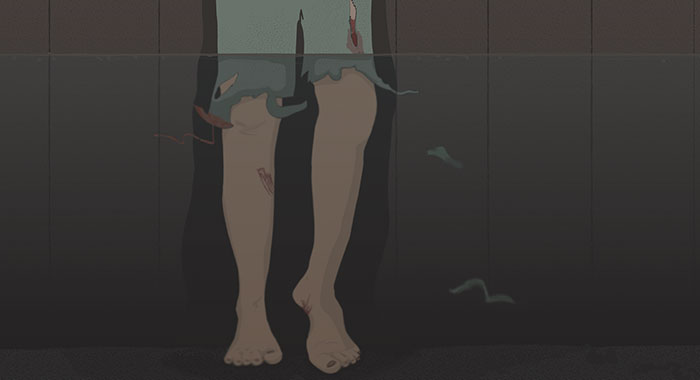
After being released from the re-education camp, Joo Ri went back to her hometown so she could recuperate and gain back her strength. During this time she had more than seven people, from friends to secret police, spying on her at any given time. Unable to give up the desire for happiness, but now fueled by anger and resentment for the people who had done so much wrong to her, Joo Ri snuck out in the middle of the night, making her sixth attempt to cross the border. This time, she was able to make it into China, and by a stroke of luck, connected with LiNK's network.
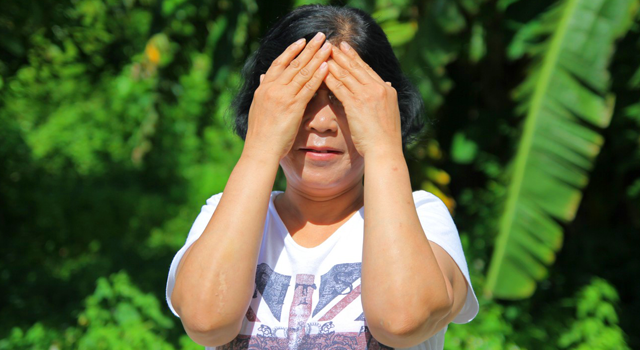
Joo Ri is overjoyed to start her new life in South Korea. Even though she suffered so much, she has not lost her sense of compassion, and hopes to work with resettled North Korean children and elderly people. She has also started writing a memoir depicting her life.
Joo Ri hopes to bring light to the situation in North Korea and advocate for the friends and family she left behind.
Thank you for helping supply the funds for Joo Ri’s rescue. Your efforts have changed her life and have provided the opportunity for her to enjoy her new liberty.
My Name Is Loh Kiwan | Fictional Story, Real Lives
From a crumpled piece of paper, he copies his name onto the Application for Recognition of Refugee status. The letters flow together in neat, sloping script to spell–Loh Kiwan.
This seemingly mundane declaration of identity serves as the focal point of Netflix’s recently released movie, My Name is Loh Kiwan. Showcasing the titular character’s past and present struggles as a North Korean defector seeking asylum in Belgium, the film follows Kiwan’s journey through both hope and heartbreak while he fights for a new life in freedom. He shows unimaginable resilience in the face of tragedy, betrayal, and bureaucratic apathy, carving out a place where he can live as himself, for himself.

Though based on a fictional novel, Loh Kiwan’s story captures the real life experiences of many North Korean refugees. Whether it be the harrowing circumstances of his escape, the subsequent challenges Kiwan faces while applying for asylum, or even the emotional turmoil of contending with his trauma, My Name is Loh Kiwan derives its drama from reality when depicting the struggles of North Korean defectors.
Uprooted by an act of defiance that saves his friend’s life, Kiwan and his mother escape across the border to China and live there under constant threat of arrest and forced repatriation. With no legal status as refugees and no legal options for leaving the country without government approval, North Korean defectors in China are exceptionally vulnerable to trafficking and exploitation. They live in the shadows, concealing their identities as best they can, despite cultural and language barriers. If captured and returned to their home country, they are subject to brutal torture, imprisonment, and execution. Rather than face such inhumanity, many see suicide as a final escape and carry poison or razor blades with them, much like Kiwan and his mother.
It is ultimately his mother’s sacrifice that saves Kiwan from such a fate. Her death forces him into a position nearly every North Korean refugee recognizes–having to leave behind friends, family, and loved ones with aborted goodbyes for the sake of everyone’s safety and survival. Kiwan’s only material connection to his mother is a photo and a wallet full of blood. In reality, most leave with even less than that.
Not wanting to incriminate the people close to them if they are caught trying to escape, most North Korean refugees forgo any identifying documents or proof of their existence. They take only the bare essentials for survival, not knowing that their arrival in a new country is only the beginning of their journey, or even if they'll make it.
But this is not the narrative Liberty in North Korea believes in. No North Korean person should have to endure the struggles or celebrate the successes of resettlement alone. Much like the assistance Kiwan later receives from an advocacy group that offers legal support and a community of other North Koreans, LiNK walks with our North Korean friends on their journey to freedom. And when they begin new lives, we support their success, amplify their voices, cultivate more leaders and changemakers working on this issue together.
In this, Kiwan’s story reflects yet another reality of the North Korean people. Not only do they encounter extraordinary hardships, but also, they face them with extraordinary strength. Throughout the film, Kiwan persists in his pursuit of an earnest, honest life. Despite setbacks and situations where he’s forced into hurt or hiding, he stays true to his mother’s wish for him to live well, and in doing so, inspires the people around him to do the same.

He finds hope, love, and freedom in others, but most importantly, in himself. When placed on trial to prove his identity before the court, Loh Kiwan proclaims the name his mother gave him.
Owning one’s identity as a North Korean person is not always easy. From the start of their escape, they are forced to hide. Once they reach freedom, the stigma and prejudice people hold towards their homeland pressures many to erase their accent or change their name–sometimes as a form of self-protection, other times as a way to fit in.
What Kiwan’s story shows, however, is that there is hope at the end of hiding. There is beauty in the simple, everyday life he longs for–a life where he can work for himself and share meals with friends, have a home, have a future, and have the choice to stay or go.
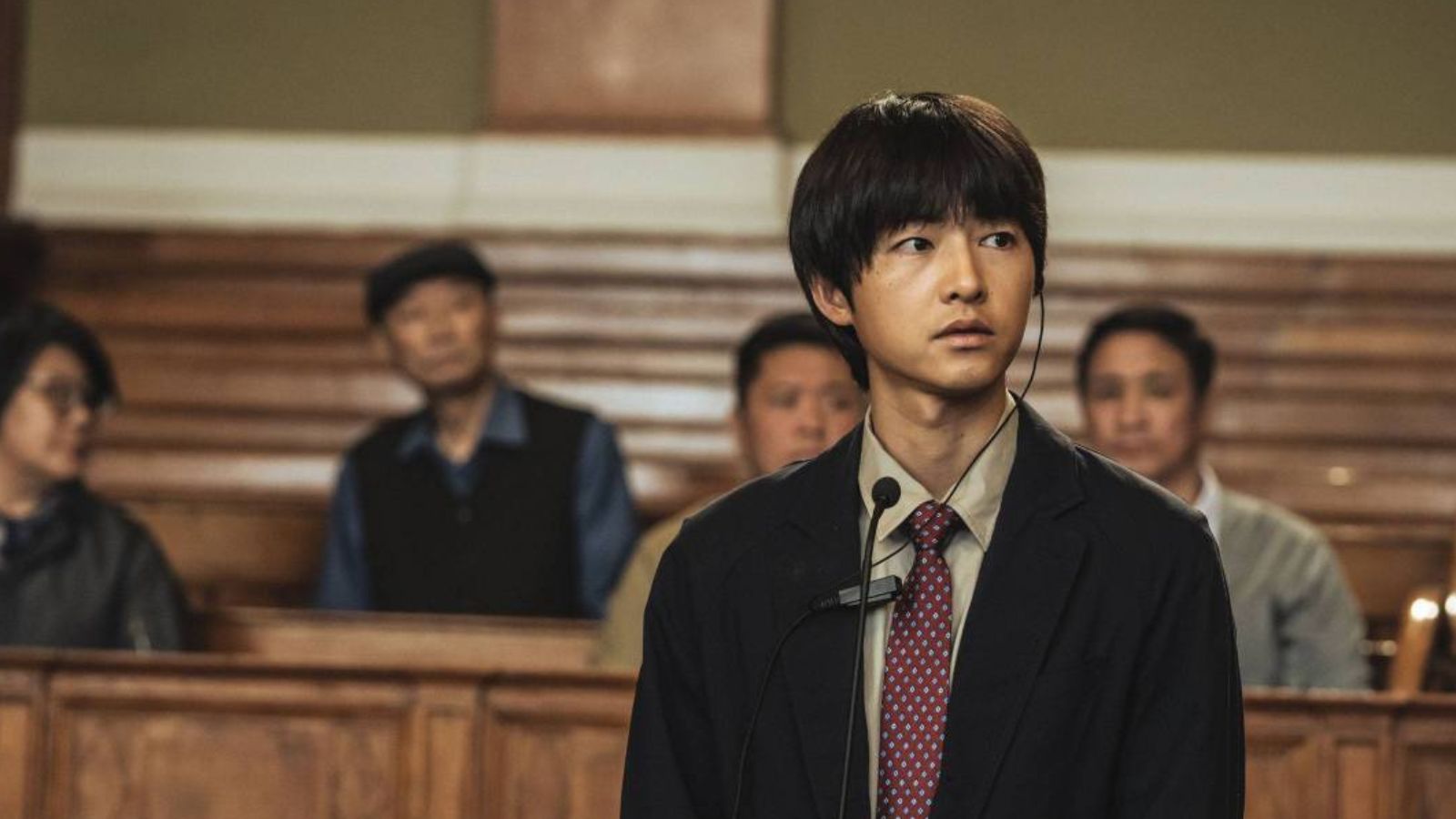
This is the life the North Korean people deserve, and every day, both within the country and without, they fight towards a better future. Their courage and indomitable spirit are not just figments of fiction. With your help, their freedom will become a reality.
Sign up below to learn how YOU can help support North Korean refugees today.




